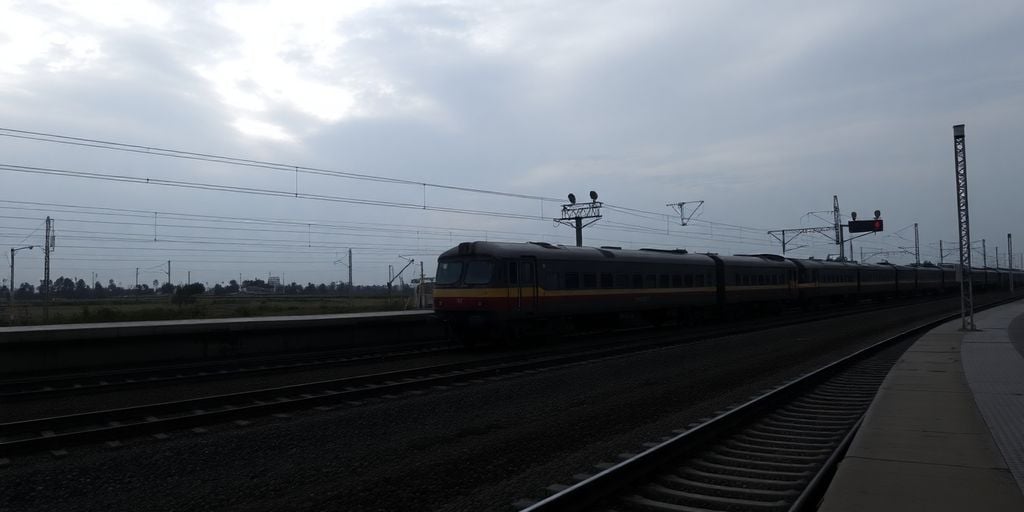Montenegro’s railway workers have entered the fifth day of their strike, with no resolution in sight as negotiations over a pay increase have failed to yield an agreement. The industrial action has significantly disrupted rail services across the country, impacting both passenger and freight transport.
The strike, which began earlier this week, has seen a complete halt in railway operations. The primary demand of the striking workers is a substantial pay rise, which they argue is necessary to keep pace with the rising cost of living and to reflect their contributions to the national infrastructure.
Key Takeaways
- Railway operations in Montenegro have been suspended for five consecutive days.
- Talks between railway unions and management have broken down.
- The strike is impacting passenger and freight services nationwide.
- Workers are demanding a significant pay increase.
Failed Negotiations
Sources indicate that the latest round of talks between the railway union representatives and the management of the national railway company concluded without a breakthrough. The specifics of the proposed pay rise and the company’s counter-offer remain undisclosed, but the union has expressed deep dissatisfaction with the current proposals.
Impact on Services
The prolonged strike has led to widespread cancellations of passenger trains, causing considerable inconvenience for commuters and travelers. Freight services have also been severely affected, potentially leading to disruptions in supply chains and impacting businesses that rely on rail transport for the movement of goods.
Future Outlook
With negotiations at an impasse, there is growing concern about the duration of the strike and its broader economic consequences. The government has yet to issue a formal statement on the ongoing situation, but pressure is mounting for a swift resolution to minimize further disruption. The railway union has stated its commitment to continuing the strike until their demands are met.






